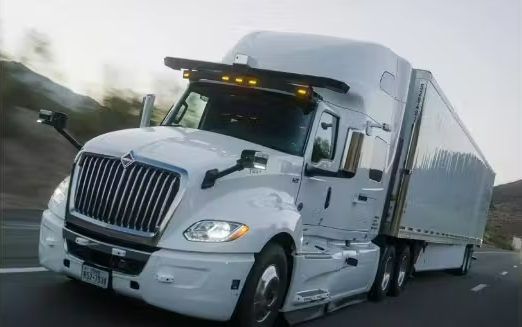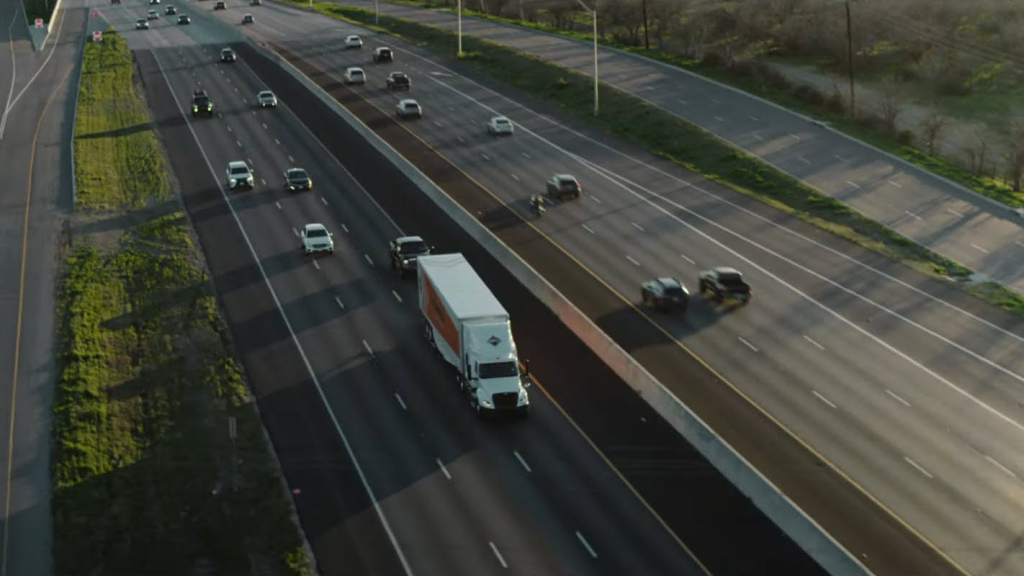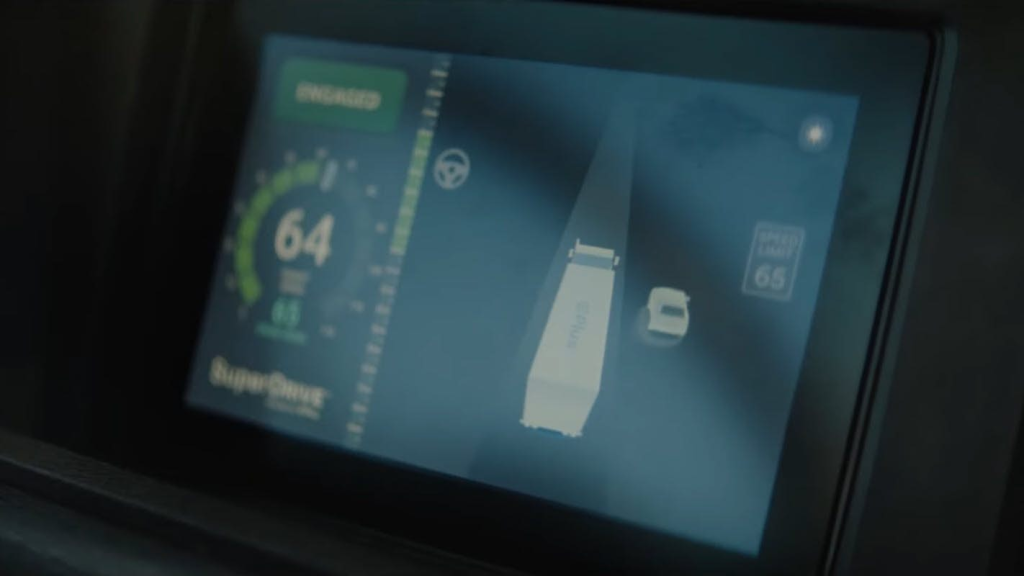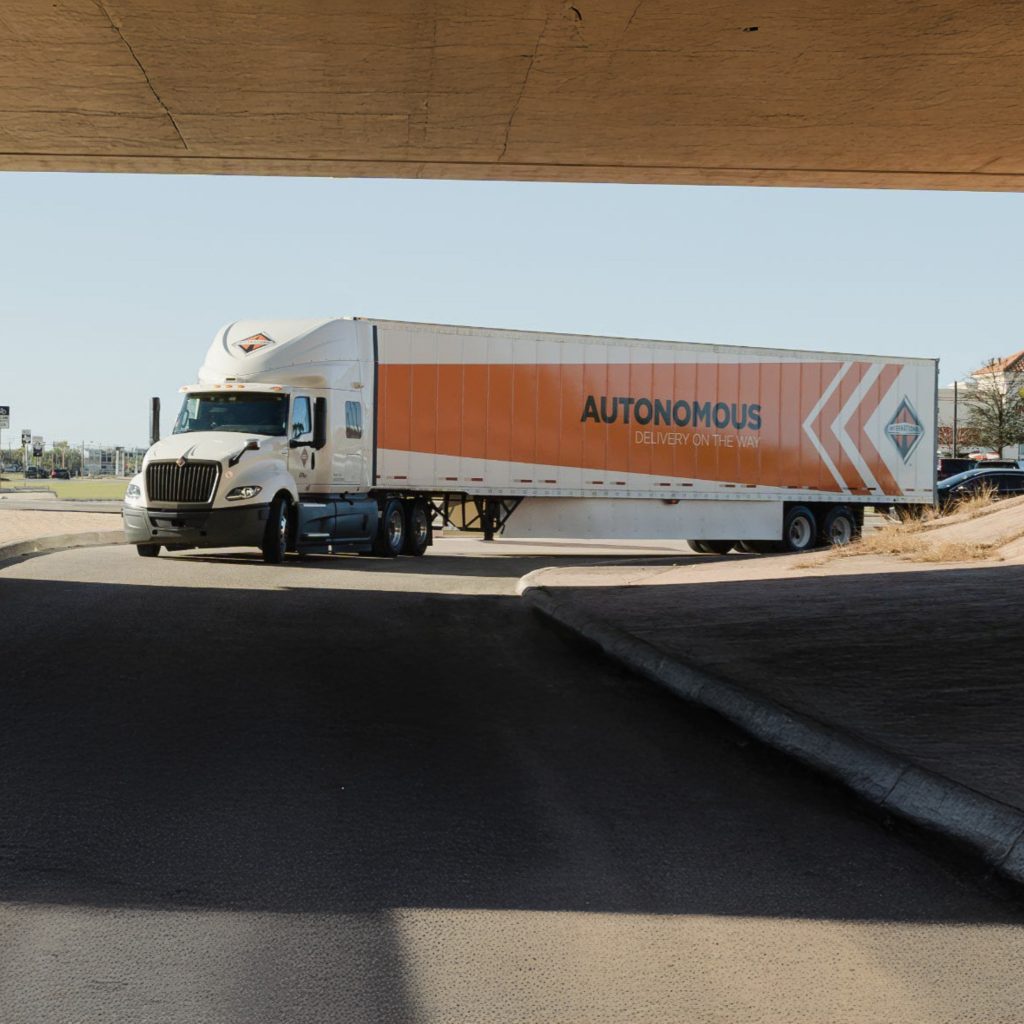The future of trucking is happening right now. International Truck is currently validating level 4 autonomous vehicles with safety drivers.
AS AUTONOMOUS DRIVING TECHNOLOGY CONTINUES TO IMPROVE, PROFESSIONALS THROUGHOUT THE COMMERCIAL TRUCKING INDUSTRY ARE ASKING THREE QUESTIONS:
HOW CAN I LEVERAGE IT?
WHEN CAN I USE IT?
WHAT BENEFITS ARE IN IT FOR ME?

TOBIAS GLITTERSTAM / CHIEF STRATEGY AND TRANSFORMATION OFFICER / INTERNATIONAL

GOING HUB TO HUB
Why start with hub-to-hub operations? Representing 25 billion miles of long-distance freight on U.S. highways, it’s an immediately addressable, high-volume, and scalable market. The lessons learned here will help shape solutions for the full range of International Truck customers.

SAFETY FIRST
There are many concerns driving the freight industry toward autonomous driving but none more important than safety. “In an autonomous world, the vehicle can understand road conditions ahead. You can see vehicles coming side-to-side, and that allows you to better control the environment of that unit,” said Chet Ciesielski, Vice President, On-Highway Business, International, Inc.

POWER OF THE NETWORK
THE BOTTOM LINE
“We are committed to being a trusted partner as we seek to develop solutions for autonomous driving technology that increase our customers’ operating efficiencies, improve road safety, and alleviate strains in the supply chain.”
CHET CIESIELSKI / VICE PRESIDENT / INTERNATIONAL TRUCK ON-HIGHWAY

